Multiple Sclerosis Advanced Fellowship Program
Overview
The Office of Academic Affairs of the Veterans Health Administration is sponsoring a Multiple Sclerosis Advanced Fellowship Program at the VA New Jersey Healthcare System that offers a one- or two-year position to residents who have completed a primary residency training and want to pursue an academic training in comprehensive specialized care for patients with multiple sclerosis. The Program has an individualized curriculum designed for mentorship tailored to meet the advanced fellow’s needs and proficiencies. Fellows rotate through multiple clinical settings (e.g., inpatient, outpatient clinics, and patients’ home) and are supervised by faculty with extensive clinical experience with multiple sclerosis. Training will also include abundant clinical and research opportunities, as well as, the use of latest technology for providing care from a facility to patients in their homes.
Application Deadline
April 15, 2014
Start Date
Anytime between July 1, 2014 and September 8, 2014
Eligibility
Applicants must have completed or are in their final year of training in an ACGME-accredited residency program. International medical graduates with equivalent qualifications and a valid ECFMG certificate are eligible to apply.All applicants must be a citizen or legal resident of the USA , or have legal papers allowing them to work in the USA.
How to Apply
Please email your curriculum vitae, a one-page personal statement, and three letters of recommendation to the Program Director. One letter must be from the applicant’s current residency program director, department chair, or current employment supervisor.Interviews with the applicants will be scheduled.
Program Director
Carol Gibson-Gill, MD
Detailed Educational Objectives& Objectives
Upon completion, fellows will have an exceptional knowledge of managing patients with Multiple Sclerosis (MS) and other spinal cord disorders. This fund of knowledge will include the following:
•Understanding the basic and clinical aspects of MS which includes recognizing and managing the sequelae of MS and other spinal cord disorders.
•Understanding basic neurological issues, as well as the ability to formulate appropriate assessments and plans for the complex care these patients require. They will be trained on the role of disease prevention, health promotion and integrative medicine in managing the complex sequelae of MS and other patients with spinal cord disorders.
•They will be knowledgeable on the role and use of disease modifying therapies in MS.
•They will be proficient in providing complex care within an interdisciplinary team on both an outpatient and inpatient basis.
•They will also learn to recognize and manage the impact MS has on the psychosocial well-being of patients with multiple sclerosis.
•They will be knowledgeable as to the important role of the caregivers of these patients and learn skills on engaging them as partners in providing care to these complex patients. They will also learn how to develop and implement educational training programs for patients with MS and their family/friends caregivers.
•They will be trained in Neuro-imaging, as well as other radiological images commonly ordered as a part of the evaluation of complications seen with MS (i.e MRI, Renal ultrasound, Abdominal x-rays, etc).
•They will be knowledgeable on the processes, technologies and implementation of Virtual Medicine (Telemedicine) in providing care to patients with MS and other spinal cord disorders.
•They will be proficient at history taking, examination skills, and ordering and interpretation of neurodiagnostic studies for MS patients.
•They will be knowledgeable on and participate in clinical research on the impact MS has on the cognition patients with MS.
•Fellows and faculty will also discuss and evaluate scientific articles and develop an evidence based approach to managing patients with MS. This will include discussion of basic science articles applicable to the mechanisms and treatment of the diseases and conditions of the patients they are seeing.
•Fellows are also expected to teach their knowledge to residents, medical students, and other associated health professionals who may participate on the service or conferences.
•The Fellows will participate in clinical research projects with the faculty and will be presenting at national and international scientific conferences as well as submitting publications to peer-reviewed scientific journals.
•They will be expected to develop and participate in a Quality improvement project related to the care of patients with MS.
•They will learn about how to manage issues that affect the independence, function and quality of life of patients with MS including spasticity management, musculoskeletal issues, pressure ulcers, wheelchair and technology and sports/fitness.

